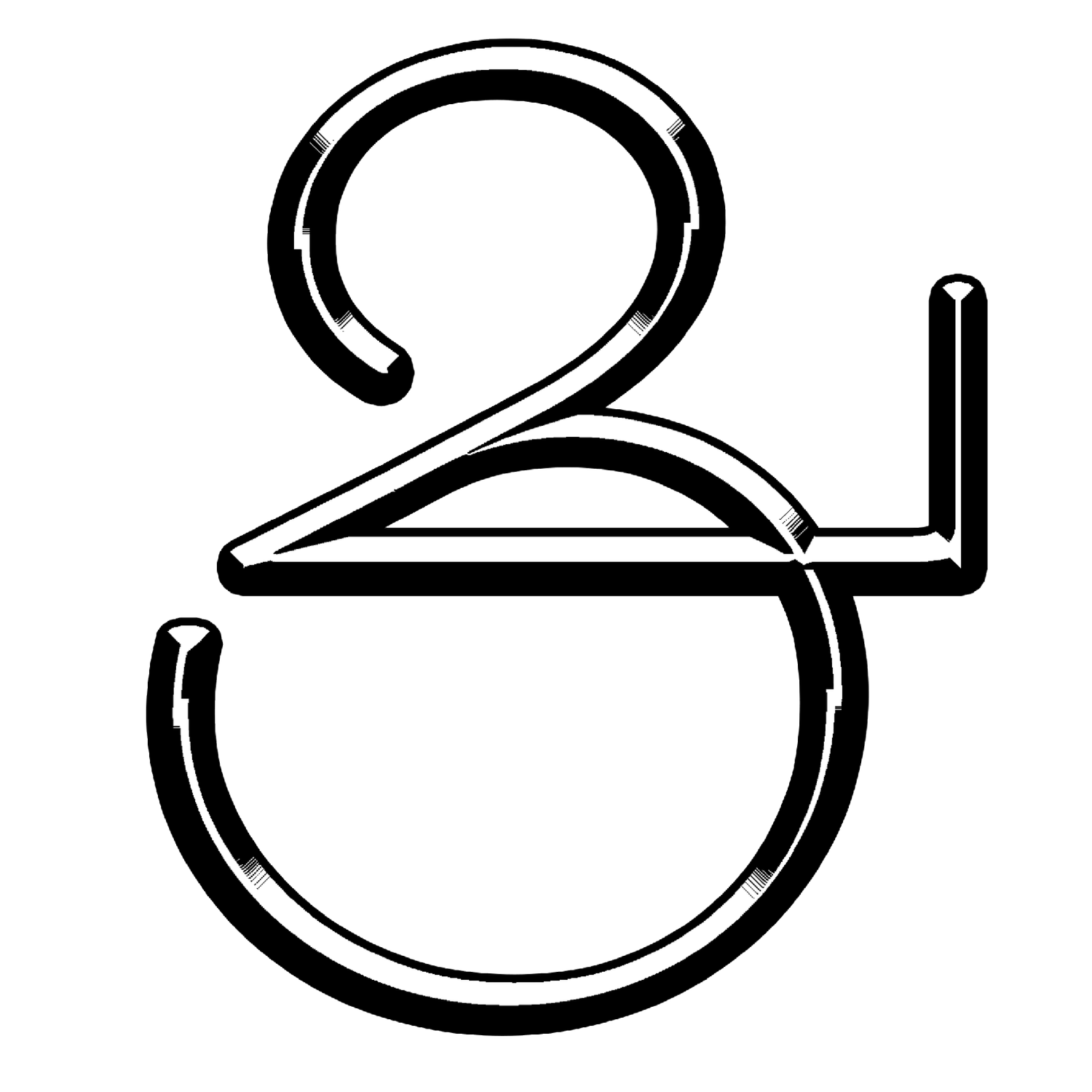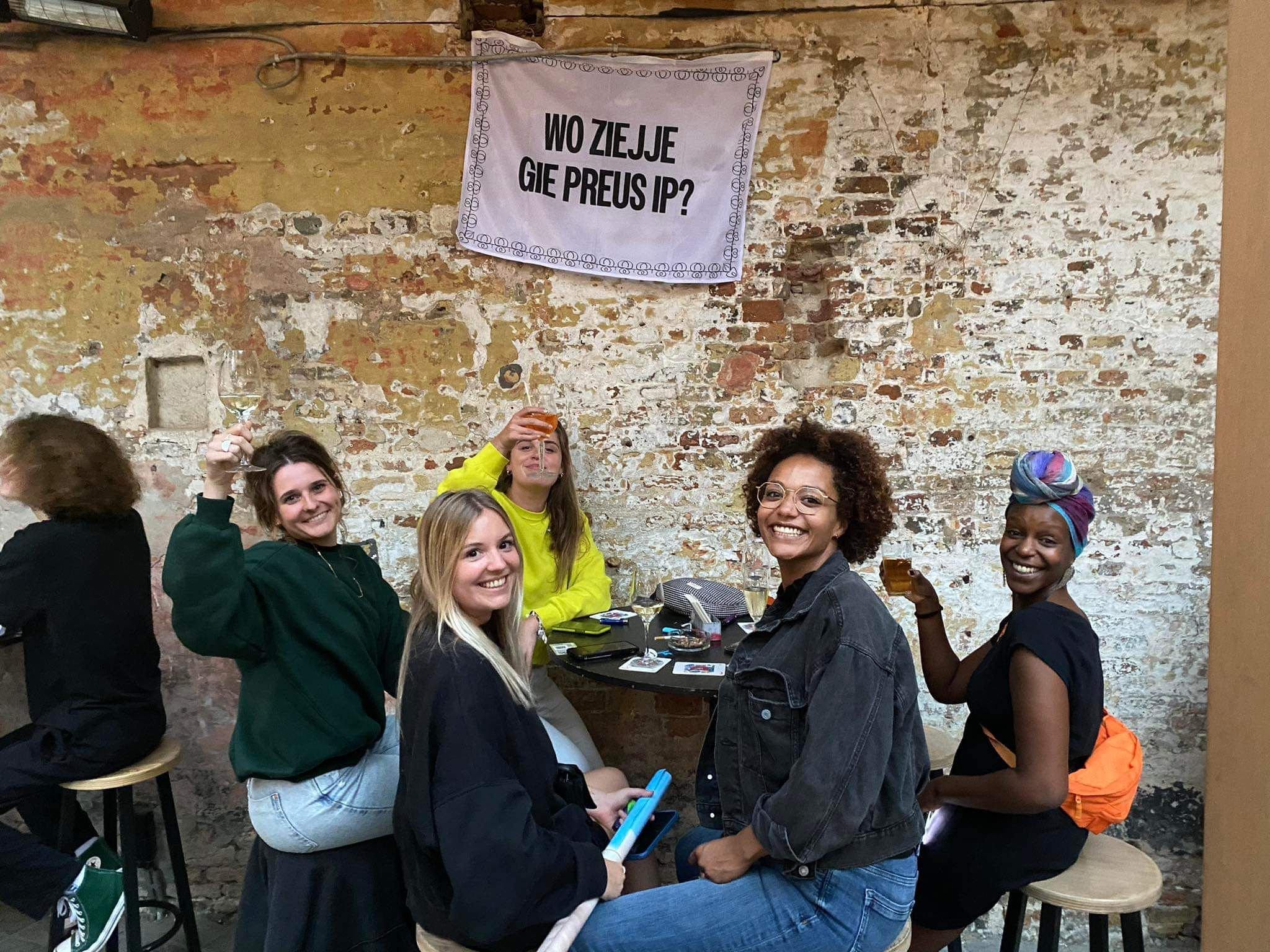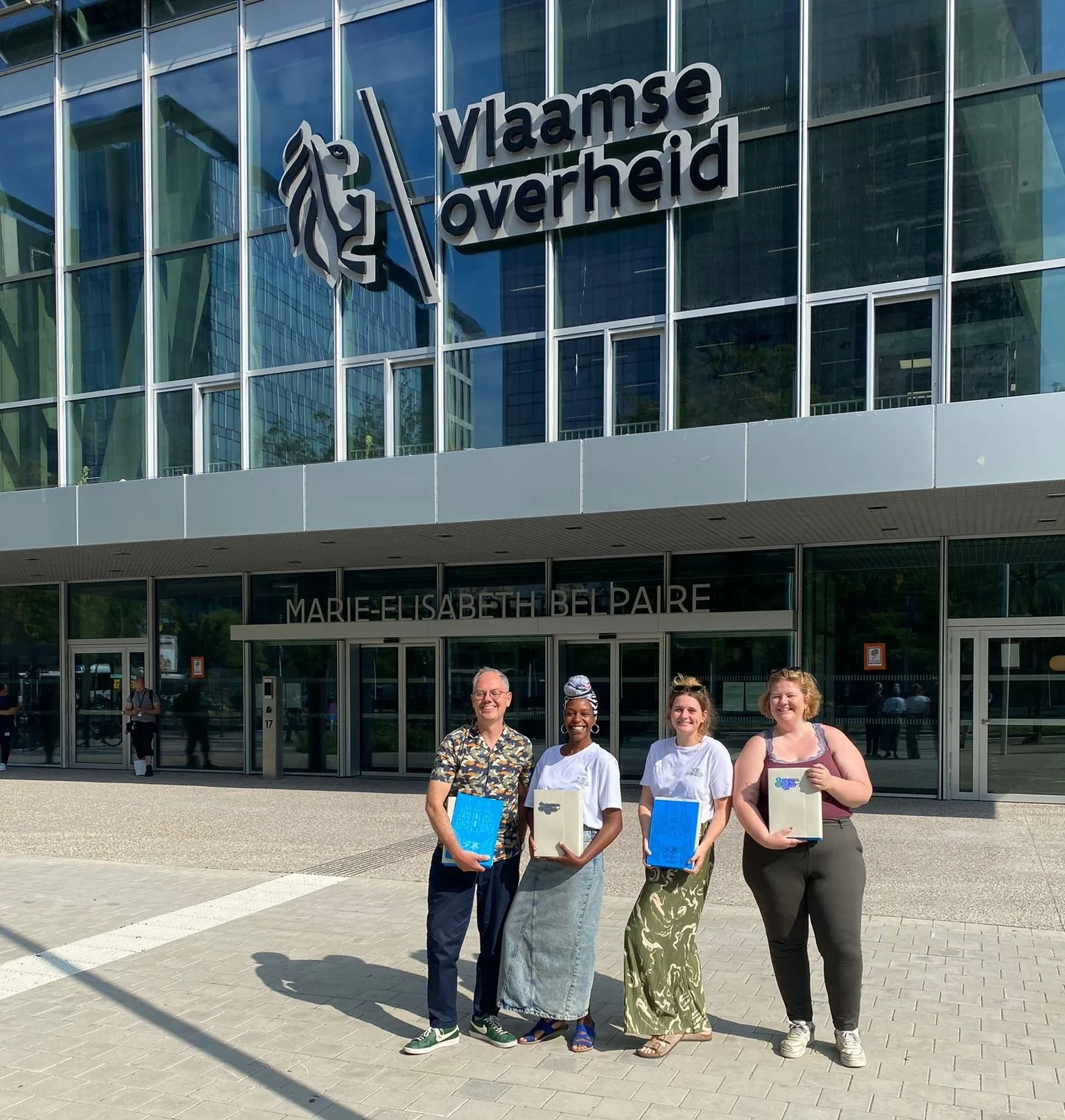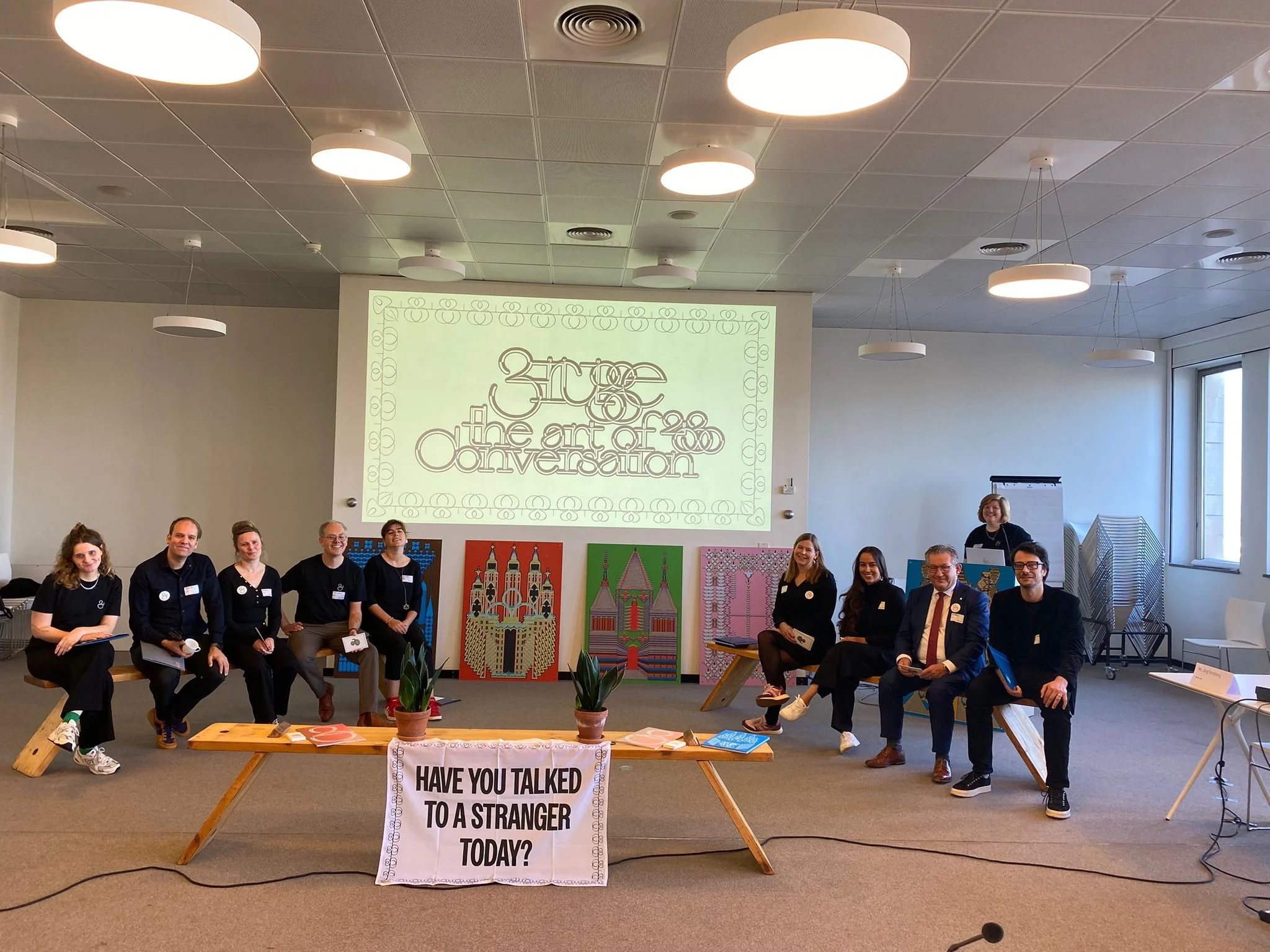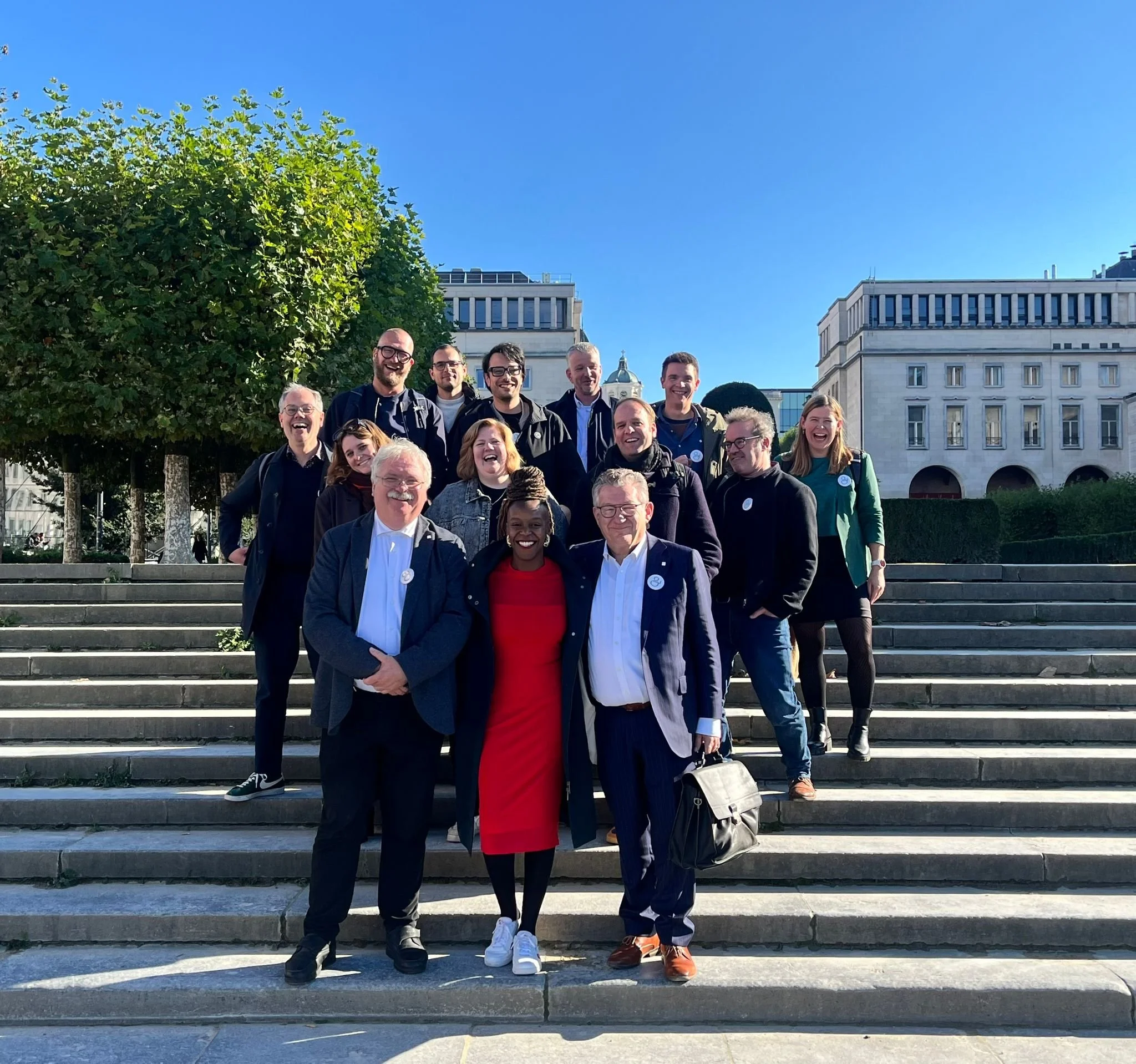EUROPEAN CAPITAL OF CULTURE:
WHAT IS IT?
With European Capital of Culture, the European Union aims to highlight Europe's cultural richness and diversity. In 2030, Belgium and Cyprus will supply a Capital of Culture, and a city from an EU candidate country will also be chosen. In Belgium, Bruges, Kortrijk, Ghent, Molenbeek, Leuven and Namur will compete.
In 1985, Athens became the first European Capital of Culture, and the Belgian cities of Mons (2015), Bruges (2002), Brussels (2000) and Antwerp (1993) have also already held the title.
MISSION STATEMENT
the art of Conversation
Bruges 2030 aims to set all this, and much more, in motion.
"We create to connect, but we must connect before we can create."
We embrace 'The art of Conversation' both as a goal and a tool. We want to ensure that as many citizens of Bruges as possible get involved. The projects we launch will not only fuel conversations but will also be born out of them. This candidacy is being submitted for and by the people of Bruges, it is founded on the conversations they want to have and on the questions they want to ask and answer. People active in art and culture, residents, visitors, children, the elderly, and everyone in between.
It doesn't matter whether you have grand visions or small grievances. Or whether you are an articulate speaker or someone who listens in silence. Whether you enjoy culture with a capital C or find your own unique cultural fulfilment in football, skating or frisbee. Whether you love theatre or street fairs or both. Whether you struggle with physical or mental burdens or lose yourself in worries.
Conversation, whatever form it takes, always enriches.
A cultural capital that celebrates and embodies this, is a triumph in itself.
The world seems to be turning faster and faster. Climate change, poverty, a society that resembles a motley, super-diverse patchwork, artificial intelligence we can barely get a grip on, more people, less space, online connection but offline loneliness. Urban flight, an ageing population, an erratic property market. People fleeing for all sorts of reasons. And then there is the common desire for sufficient green space, accessible culture and high-quality education.
More than enough themes to base the City of Bruges' candidacy for European Capital of Culture 2030 on. But if we ever want to face these challenges and seize opportunities, we will need to talk. About profound truths, casual moments, intense emotions. With each other, and with ourselves. Somewhere along the line, between the internet revolution, globalisation and the pandemic, we seem to have lost the gift of conversation. But if there is anything that brings people together, connects and touches our core, it is art and culture.
That is why the theme of Bruges 2030 will be:
'The art of Conversation'.
This theme will be our guide throughout the candidacy. The City of Bruges commits to starting conversations about the issues that await us in the run-up to 2030. We want to encourage dialogue between people, between organisations and their supporters, between stones and greenery, between past and present. Because what could be more valuable than a meaningful conversation?
We want to encourage people to talk to someone they don't know. To suggest the right questions to break the silence with a loved one. To help develop inner dialogue. To offer the opportunity for a debate in which every opinion has the right to exist. We should be able to look each other in the eye rather than only at our screens, typing in rage. We want to brainstorm about the lack of space, welcome new insights. We want to celebrate people’s talents and individuality and discover how they affect others.
THE ECOC PROCEDURE
LONG LIVE
‘THE ART OF CONVERSATION’
On Thursday 24 October, the European jury decided that Bruges will not advance to the next round of the ECOC competition and therefore has no chance of becoming European Capital of Culture in 2030.
Very unfortunate, but we wish Molenbeek, Namur and Leuven all the best!
We are proud of our bid and our journey and we are certainly not finished with ‘the art of Conversation’. Moreover, we feel that ‘the art of Conversation’ is not finished with Bruges either. Our bid-book was created as a manual so that not only we, but everyone who wants to, can get started with the art of conversation.
You can read our bid-book and we sincerely hope we can inspire you.
TEAM BRUGGE 2030
In order to bring the candidacy for Bruges 2030 to a successful conclusion, the City of Bruges put together a dedicated team in the spring of 2023. Dalilla Hermans was the project coordinator and Marthe Soete was her project assistant. Dalilla and Marthe are responsible for the main content of Bruges 2030 and have drawn up the bid-book that will be submitted to the European jury at the end of 2024. In January, Silke Bomberna joined the team for all things communication.
They were supported by the Bruges Cultural Policy Unit. This unit is the main contact point for culture makers in Bruges, from socio-cultural associations to professional arts and culture organisations, giving them advice and thinking along with them on how to face cultural challenges and make cultural dreams come true.
Image: Femke den Hollander
Our candidacy for European Capital of Culture was not only based on thinking, but especially on doing. Over the past year and a half, we organised numerous events ourselves, entered into collaborations with other organisations, supported existing initiatives and even launched an Open Call in which all Bruges creatives could participate.
